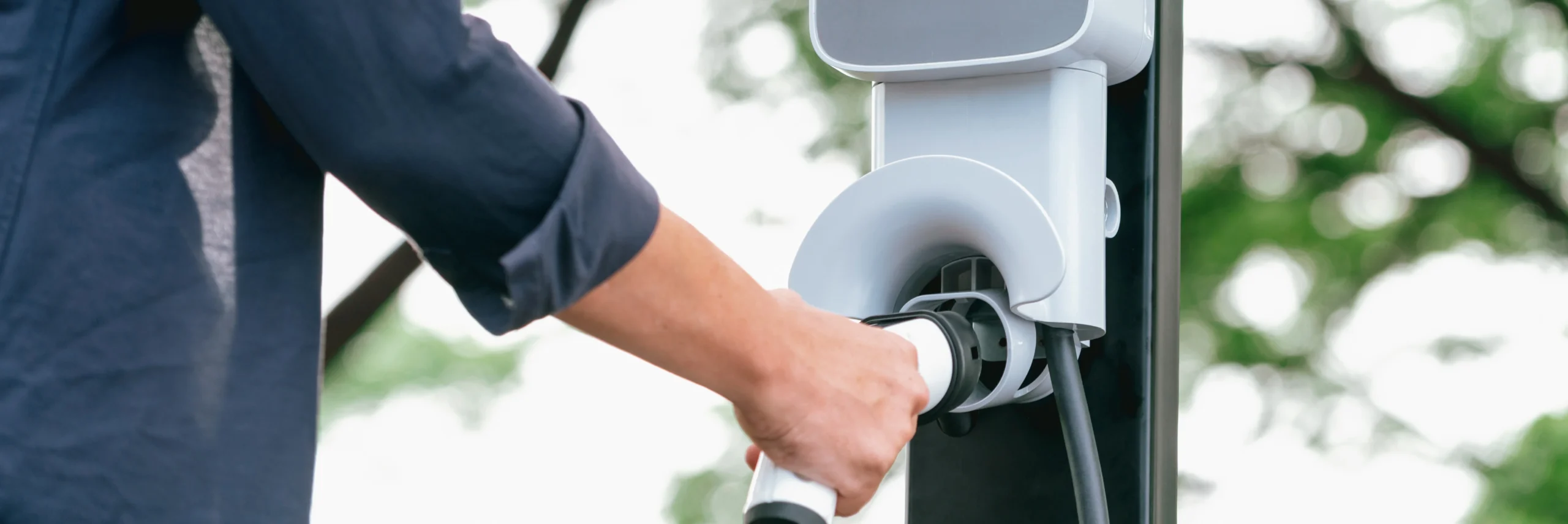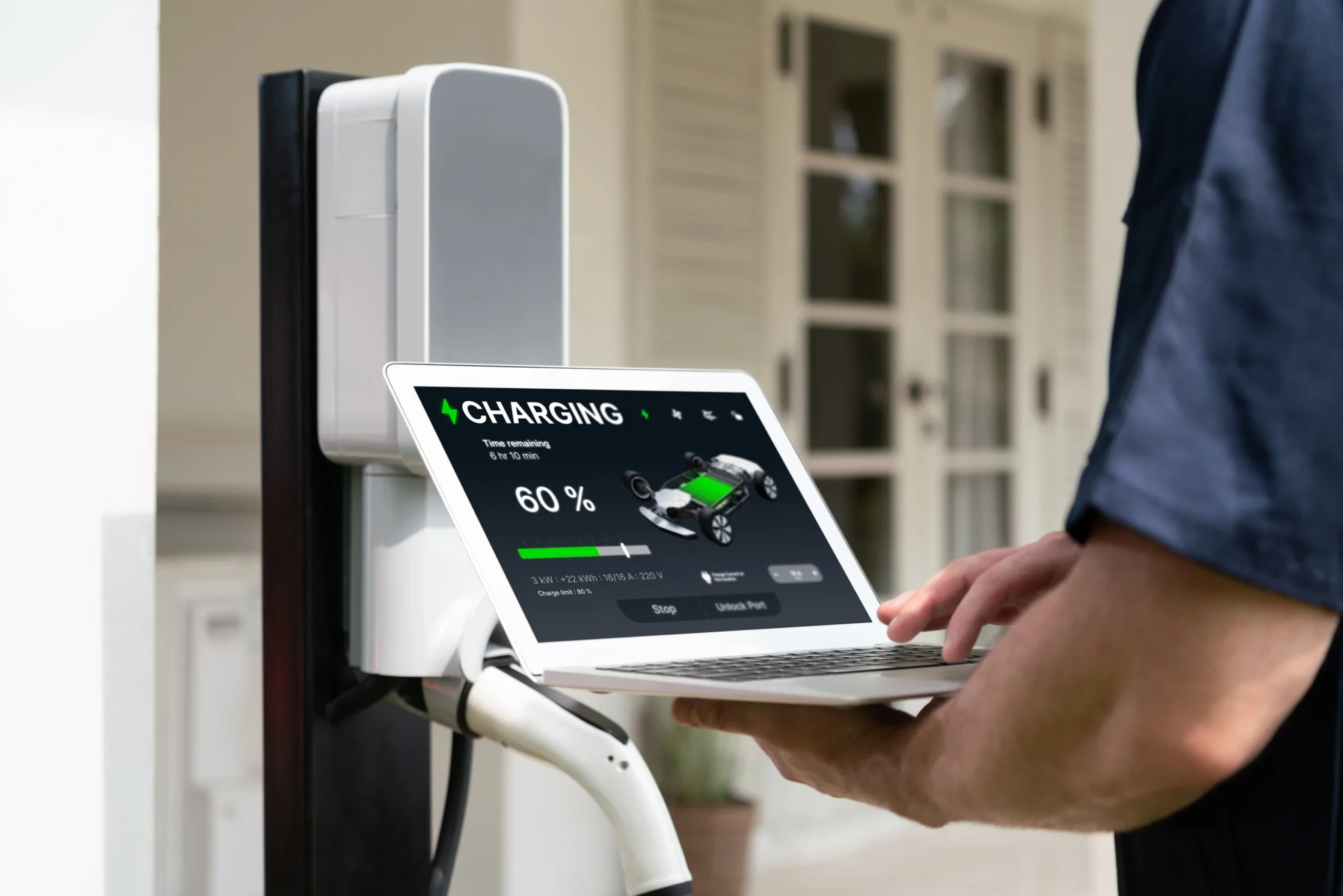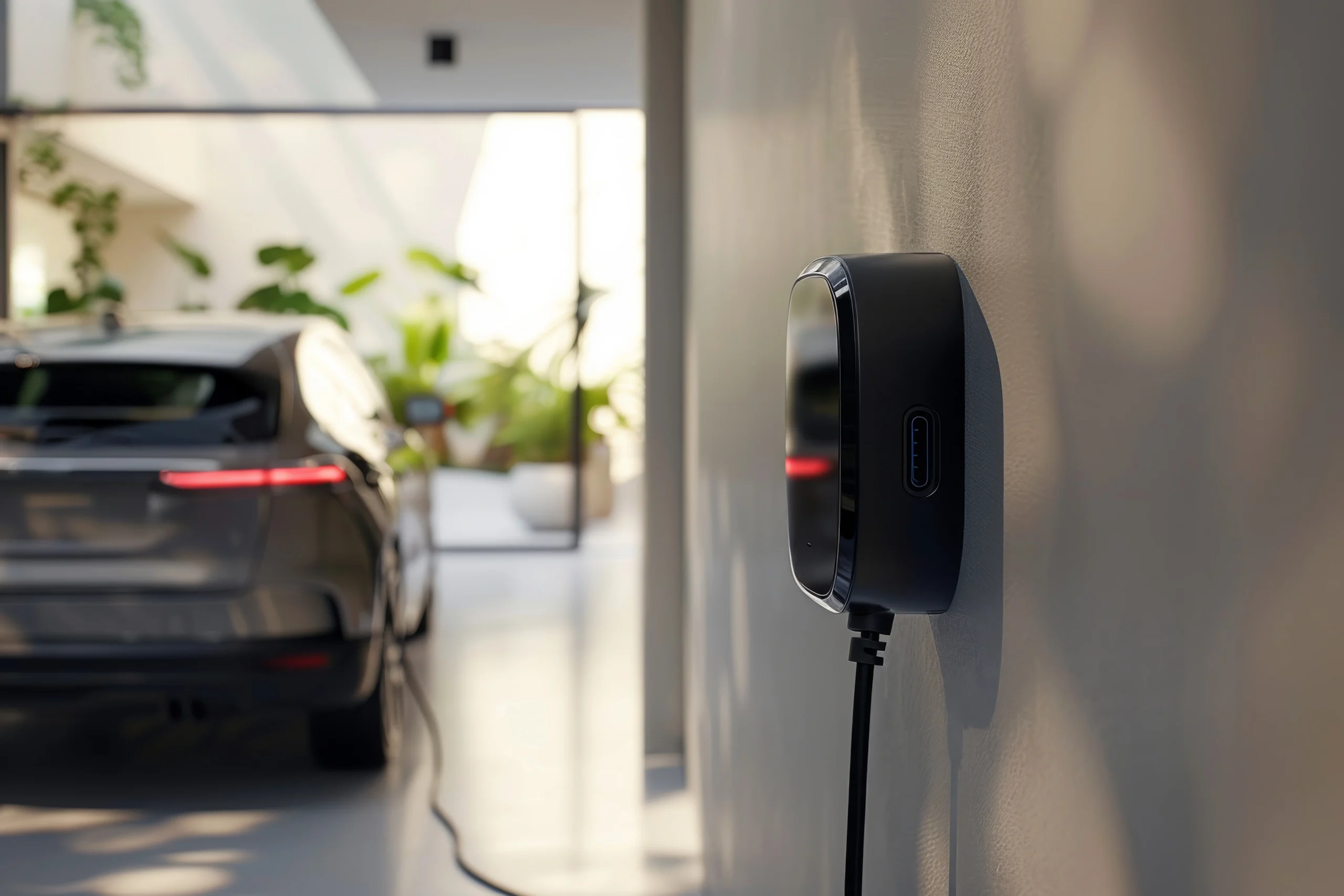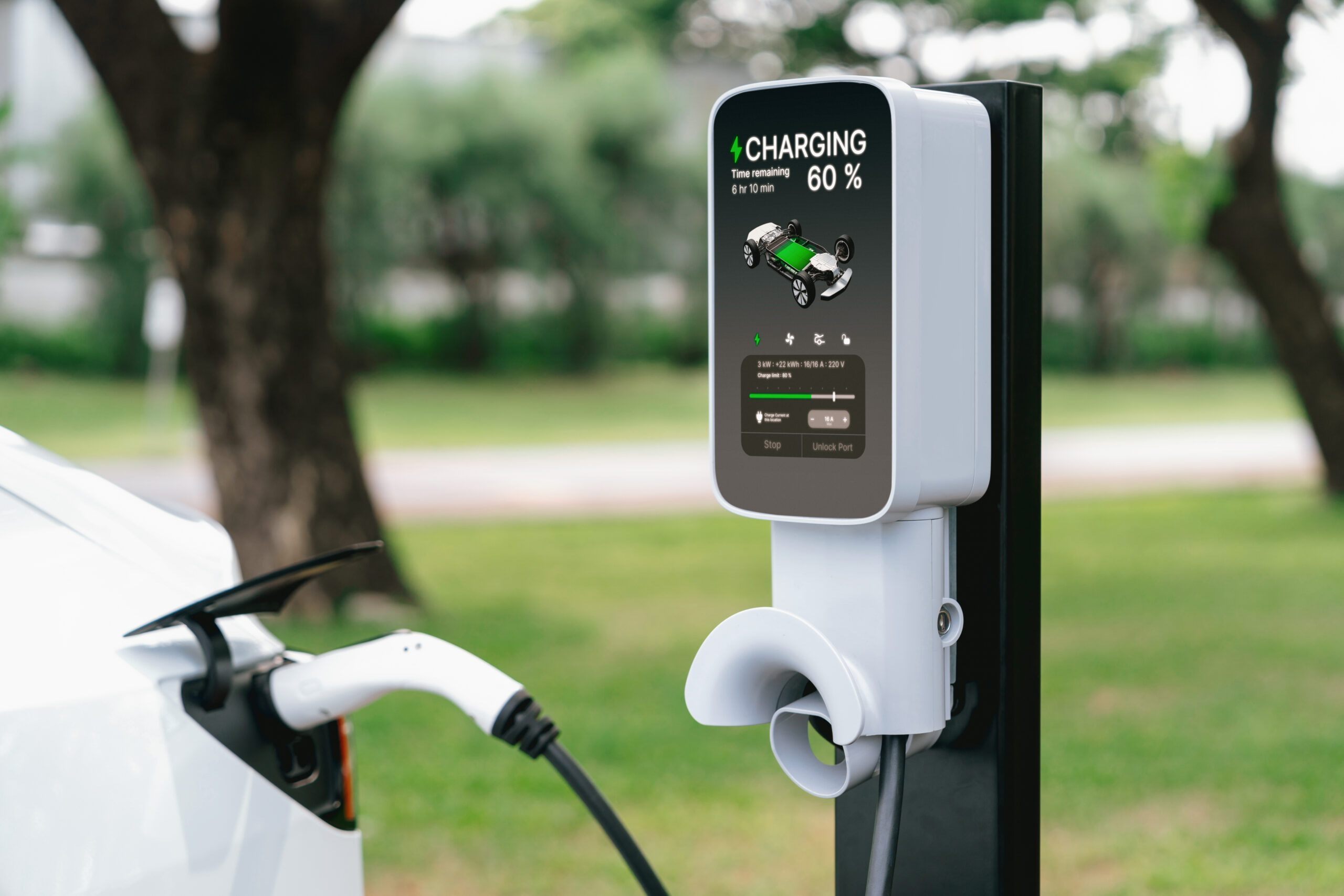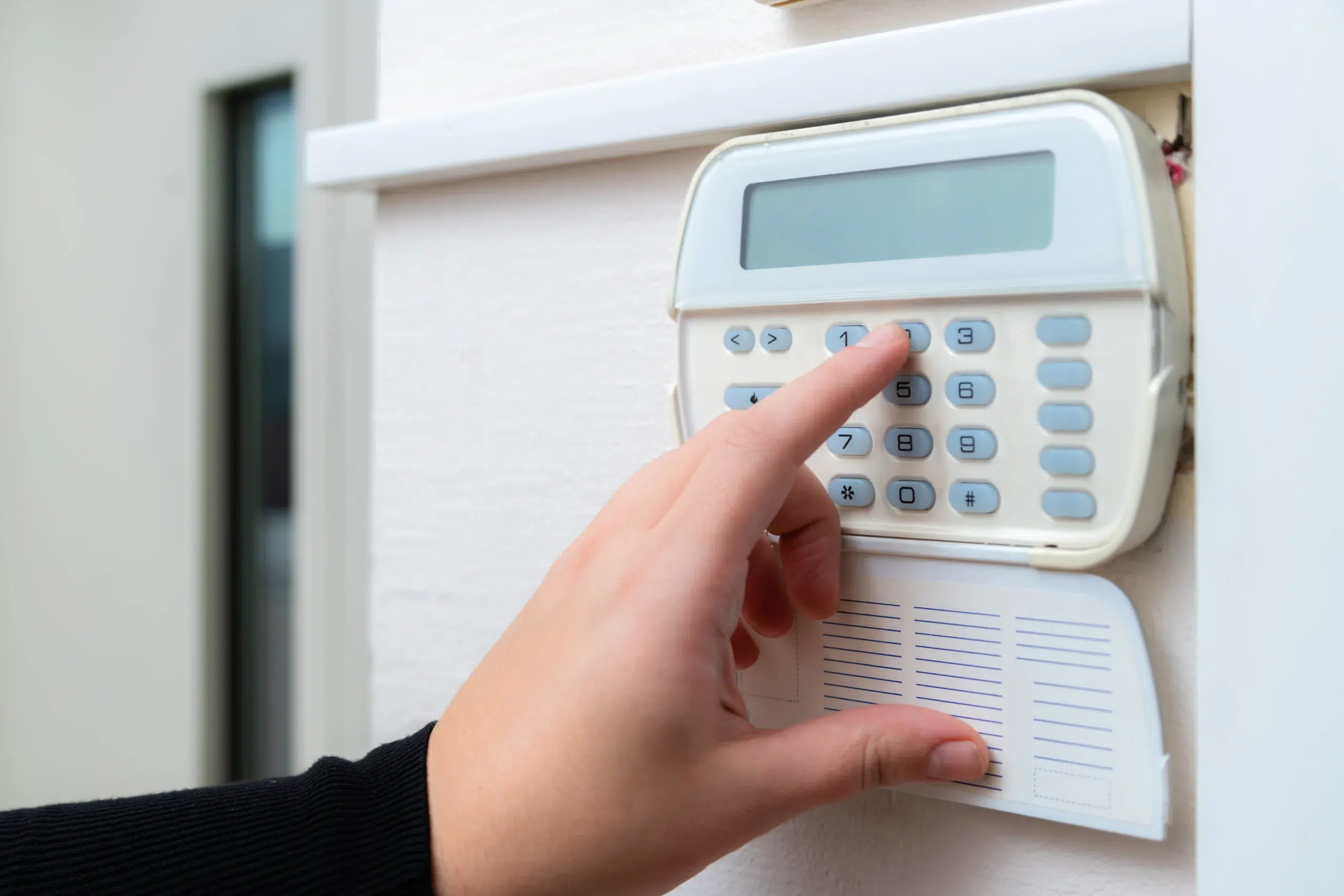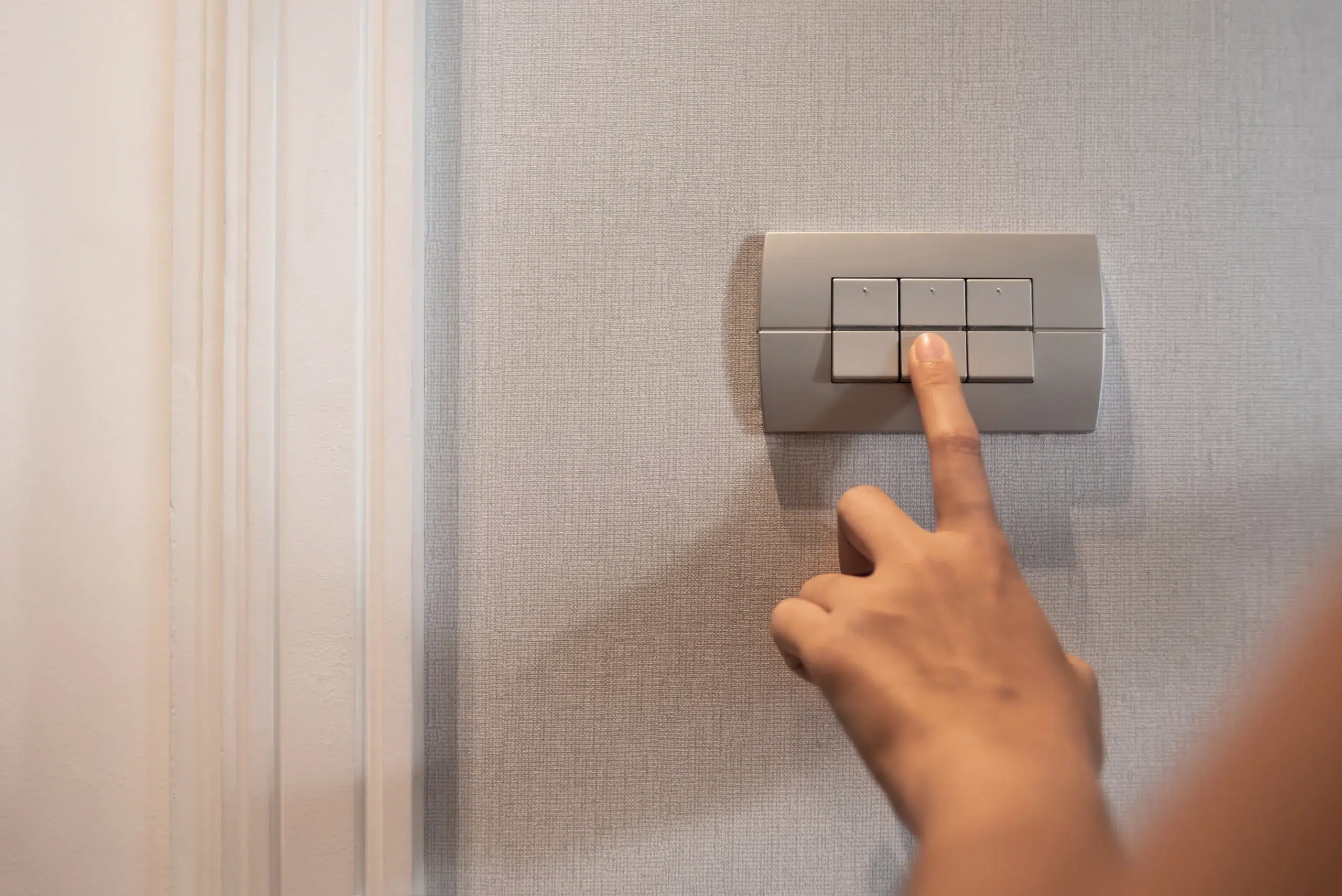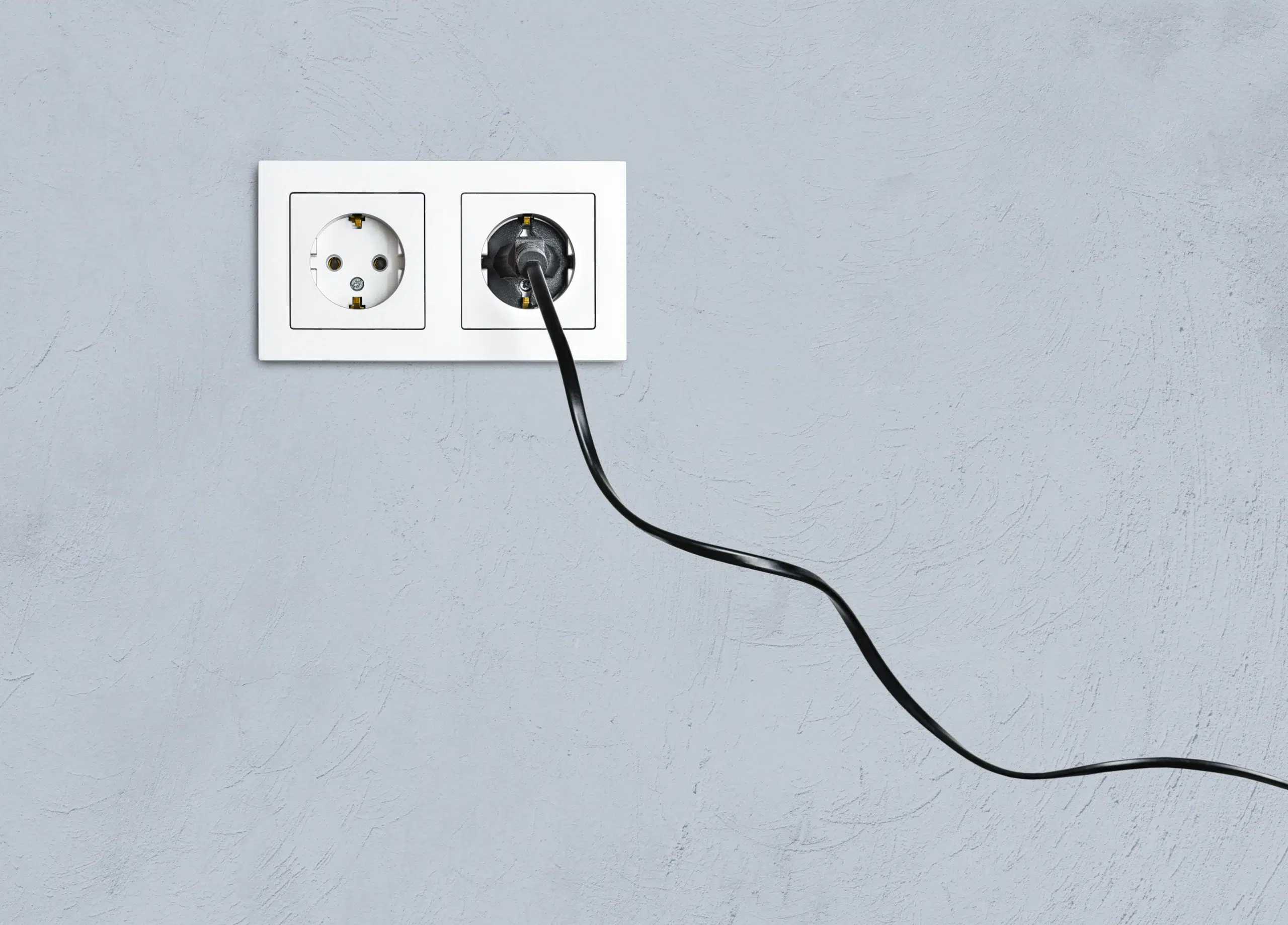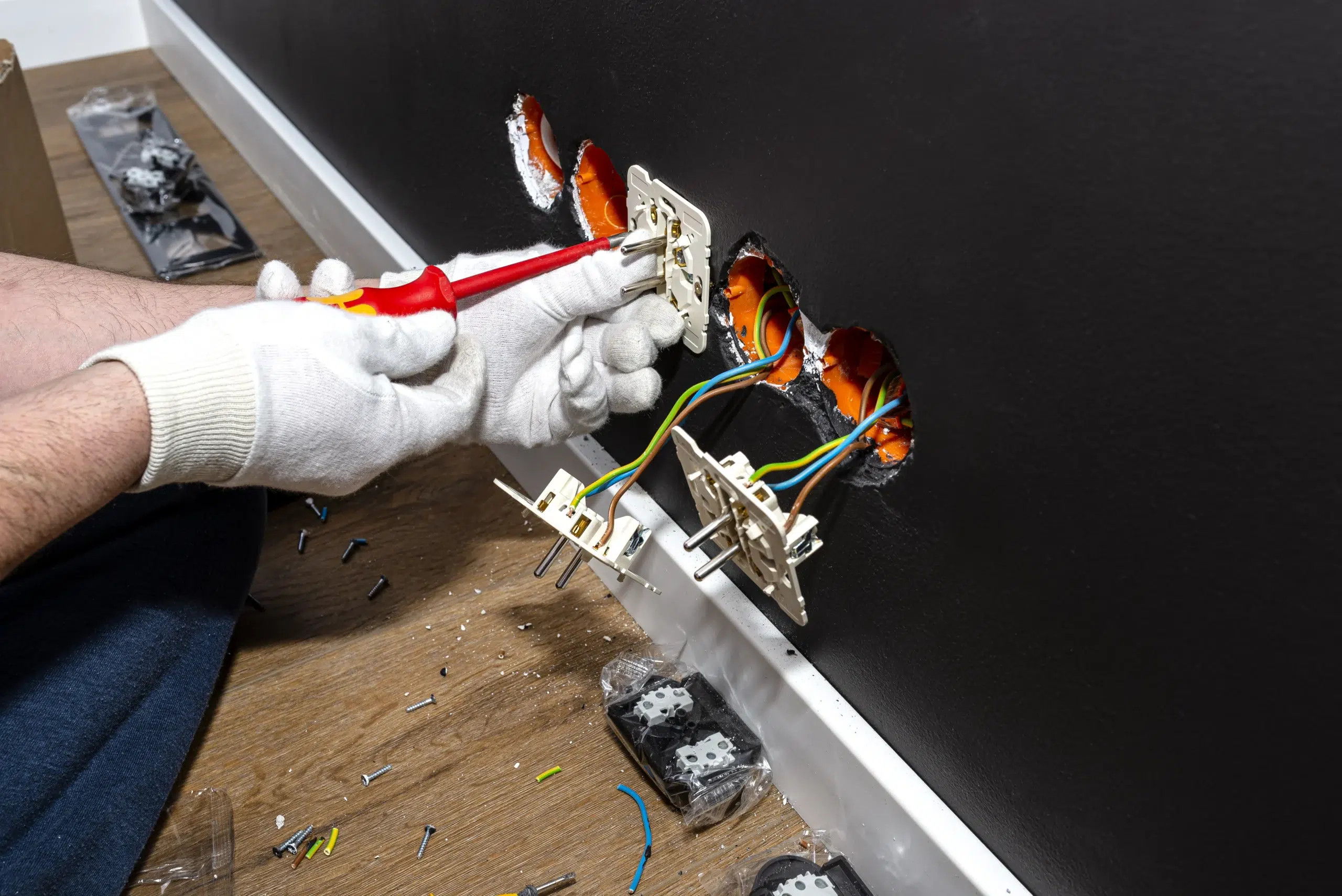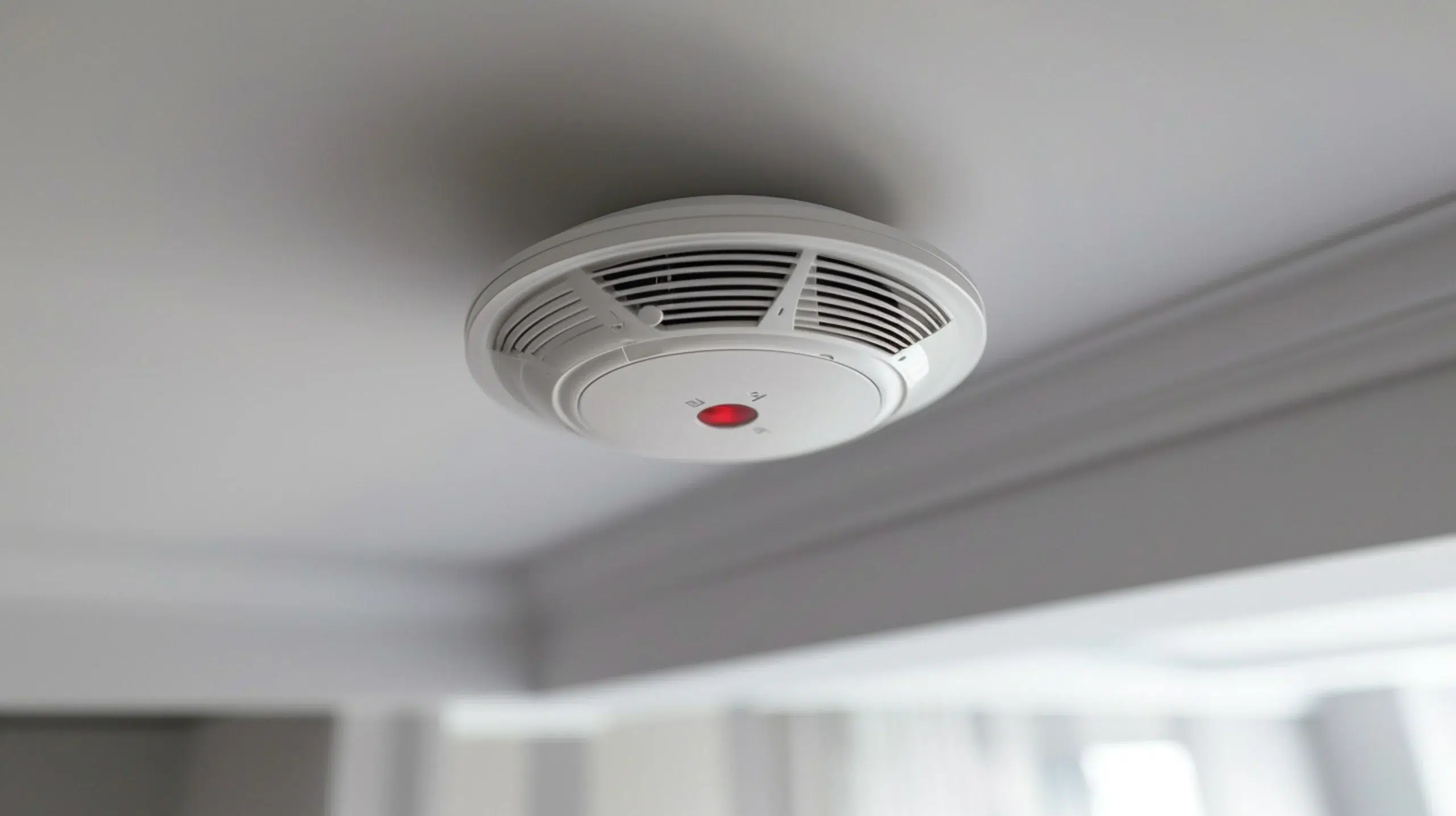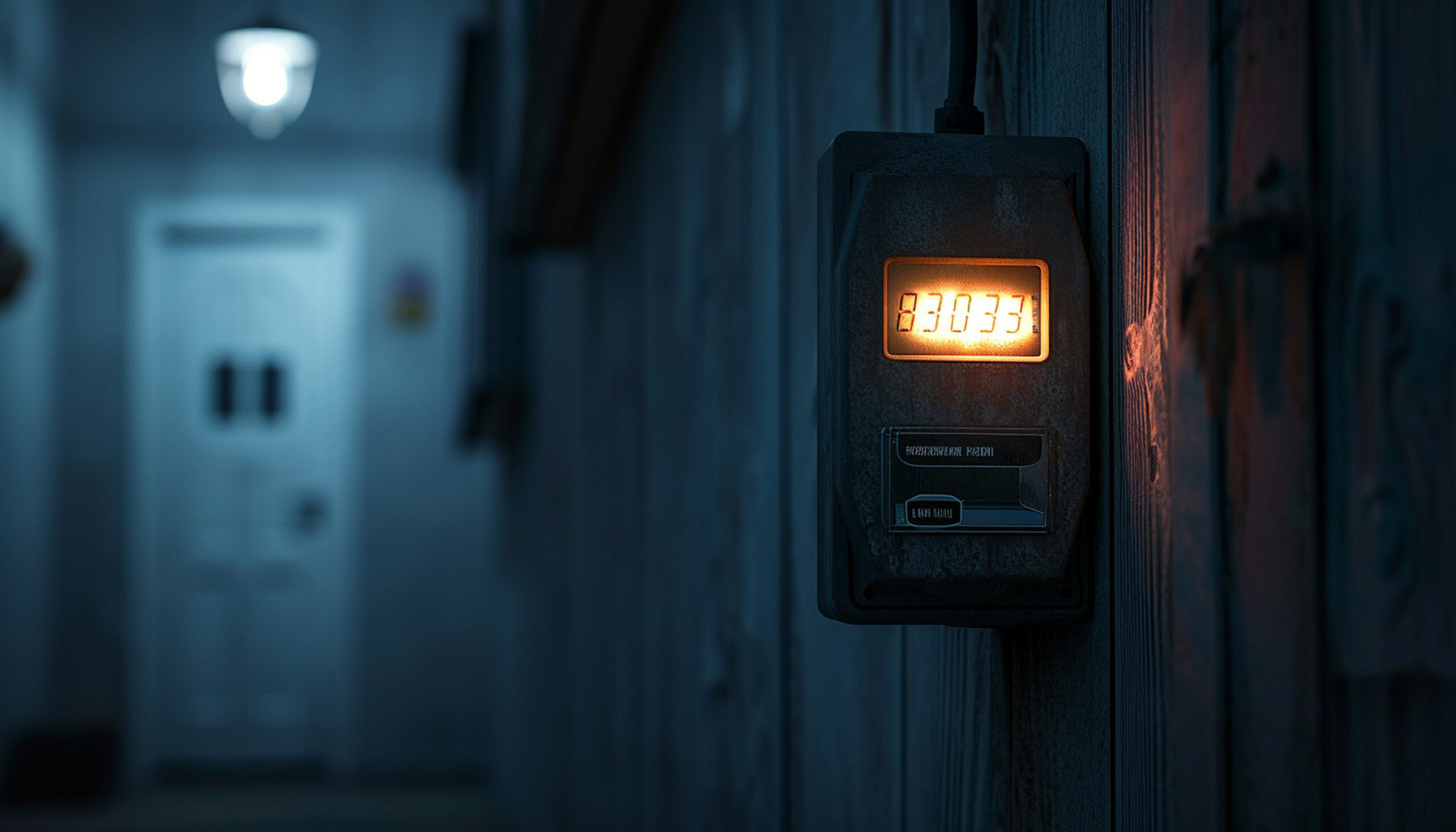Could an air conditioner be the best way to heat your home?
Category:
An air conditioner heater is a versatile appliance that provides both cooling and heating, making it ideal for use throughout the year. Whether you need to cool off during the summer or stay warm in the winter, these units provide the convenience of maintaining a comfortable indoor temperature throughout the year. In this article, we’ll explore what air conditioner heaters are, how they work, their benefits, and the different types available to help you choose the right one for your home.
In this article, we’ll take a closer look at what air conditioner heaters are, how they work, their key benefits, and the various types available on the market. By understanding these systems better, you’ll be equipped to choose the right model that suits your home’s needs, budget, and climate conditions.
Understanding Air Conditioner Heaters
Air conditioner heaters are designed to provide both heating and cooling, making them versatile for various climates. This dual functionality ensures year-round climate control, offering comfort whether it’s sweltering hot or freezing cold outside. Their ability to switch between heating and cooling modes as needed allows for a seamless transition between seasons, providing consistent indoor comfort.
These systems are not just about comfort; they are also about efficiency. Combining the functions of a heater and air conditioner into one unit helps reduce energy consumption and lower energy bills. This makes them an attractive option for homeowners looking to maximise comfort while minimising costs.
How Air Conditioner Heaters Work
Air conditioner heaters operate by reversing the refrigeration cycle to produce warm air. In heat mode, the refrigerant absorbs heat from the outdoor air, which is then compressed to increase its temperature before being released indoors. This process is facilitated by the compressor, a key component in reverse cycle air conditioners, which ensures the efficient movement of refrigerant and heat exchange.
The refrigeration cycle involves passing a cold refrigerant through an external coil to absorb heat from the outside air. This heat is then released indoors, effectively warming the space. By using a refrigerant to absorb and release heat, reverse cycle air conditioners can efficiently provide heating even in cooler outdoor temperatures.
Benefits of Using Air Conditioner Heaters
One of the primary benefits of using air conditioner heaters is their ability to provide comfortable and efficient cooling and heating all year round. This enhances both energy efficiency and indoor comfort. Additionally, these systems can lead to overall cost savings by reducing the need for separate heating and cooling appliances.
Air conditioner heaters also contribute to improved indoor air quality. Advanced filters help eliminate dust, pollen, and allergens, making the indoor environment healthier and more comfortable. Moreover, reverse cycle air conditioners are versatile, capable of evenly distributing air and reducing hot and cold spots within a room. This ensures a more consistent and pleasant indoor climate throughout the year.
it’s recommended to hire a local electrician who can ensure the unit is correctly set up and integrated with your existing electrical system.
Types of Air Conditioner Heaters
Air conditioner heaters come in various forms, each tailored to specific heating and cooling needs. The most common types for residential use include:
- Split systems
- Ducted systems
- Wall-mounted units
Split System Air Conditioners
Split system air conditioners consist of an external compressor and one or more indoor units, allowing for efficient heating and cooling of specific areas. These systems are composed of two units: an indoor unit with air filters and an outdoor unit housing the compressor. Their ability to provide targeted heating and cooling makes them a popular choice for residential spaces.
The external compressor facilitates the movement of refrigerant between the indoor and outdoor units, ensuring efficient climate control. This setup is ideal for homes where individual room temperature control is desired, offering flexibility and energy savings.
Ducted Air Conditioners
Ducted air conditioning systems are designed for comprehensive climate control throughout an entire home or office, utilising ducts to distribute air. These systems distribute air through a network of ducts, providing uniform temperature control across large areas.
Typically, ducted systems require more complex installation processes and are best suited for whole-house climate control.
Wall Mounted Units
Wall-mounted air conditioners are typically easy to install and are ideal for a single room, providing both heating and cooling functions. These units are a practical solution for those looking to heat or cool individual rooms without the need for extensive ductwork or multiple units.

Factors to Consider When Choosing the Right Air Conditioner Heater
Energy Ratings and Efficiency
New non-ducted household air conditioners must display a Zoned Energy Rating Label, which informs consumers about energy consumption. These energy labels show important information such as estimated annual energy use in kWh for heating and cooling, and the noise level indicators in decibels.
Choosing an energy-efficient air conditioner heater can substantially lower energy consumption and reduce utility costs. Reverse cycle air conditioners are significantly more energy efficient, potentially offering three times the efficiency of traditional electric heaters, leading to considerable savings over time.
Cost and Budgeting
When budgeting for an air conditioner heater, it’s important to consider both the upfront investment and ongoing operational costs. Older heating and cooling systems often result in higher energy bills due to reduced efficiency. Upgrading to a modern, energy-efficient model can be a cost-effective decision in the long run.
For example, using a reverse cycle air conditioner instead of a traditional electric heater during the winter season can save nearly $200 in energy costs. Additionally, reviewing the energy rating and water-use rating of a unit helps identify models that offer better performance with lower resource consumption. It’s also wise to consult a qualified electrician to ensure proper installation and to assess whether your current electrical system can support the new unit efficiently and safely.
Installation and Maintenance of Air Conditioner Heaters
Professional installation ensures that air conditioner heaters function safely and efficiently. Qualified professionals have the necessary tools to ensure precise and efficient installation of air conditioning systems that are installed correctly.
Combining skilled installation with regular maintenance optimises performance and enhances the longevity of air conditioner heaters. Routine air conditioner maintenance can extend the lifespan of these systems, ensuring they operate effectively for years to come.
Regular Maintenance Tips
Routine maintenance for air conditioner heaters should include cleaning filters regularly to improve airflow and efficiency. Regularly cleaning or replacing filters is crucial to maintain optimal airflow and efficiency in air conditioner heaters.
Additionally, checking refrigerant levels can prevent cooling issues and ensure the system operates efficiently.
Conclusion
Air conditioner heaters offer a versatile and efficient solution for year-round climate control. Understanding how these systems work, the benefits they provide, and the different types available can help you make an informed decision. By considering factors like energy ratings, cost, and maintenance, you can choose the right air conditioner heater for your needs. Remember, professional installation and regular maintenance are key to maximising the efficiency and longevity of your system.
FAQ's
What is a reverse cycle air conditioner?
A reverse cycle air conditioner is an efficient system that provides both heating and cooling by reversing the refrigeration cycle, allowing it to produce warm air as well as cool air. This dual functionality makes it a versatile solution for year-round climate control.
How do split system air conditioners work?
Split system air conditioners operate by utilising an external compressor connected to one or more indoor units, enabling the efficient transfer of refrigerant to provide targeted heating and cooling. This design allows for enhanced climate control in specific areas of a building.
What are the benefits of using air conditioner heaters over electric heaters?
A licensed electrician is certified to perform compliant electrical work, install electrical components, and follow electrical safety standards. Unlicensed operators may use unsafe methods, increasing the risk of electrical fires, poor results, and invalid insurance claims.
Do electricians offer free estimates?
Most local electricians and local electrical contractors offer free or low-cost estimates for electrical services. Always confirm first, especially if you need electrical repairs, data cabling, or help from an emergency electrician after power failures or surges.
93 Exley Road Wedderburn NSW 2560 Campbelltown & South West Sydney
Why Installing Your Own EV Charger Could Void Your Car’s Warranty and Insurance
Why Installing Your Own EV Charger Could Void Your Car’s Warranty and Insurance Category: The...
Read MoreThe Hidden Damage Rodent Cause to Electrical Wiring and Insulation
What Does a Pre-Installation EV Charger Inspection Entail? Category: Installing an EV charger at your...
Read MoreThinking of Installing an EV Charger in Your Apartment or Shared Parking Area? Here’s What You Need to Know
Thinking of installing an EV charger in your apartment or shared parking area? Here’s what...
Read MoreIs It Safe to Install an EV Charger Outdoors in Sydney’s Weather Conditions?
How to Choose the Right Gate Intercom for Your Property Category: The increased availability of...
Read MoreHow to Choose the Right Gate Intercom for Your Property
How to Choose the Right Gate Intercom for Your Property Category: Selecting the appropriate gate...
Read MoreThe Light Switch Feels Warm or Smells Burnt — What Should I Do?
The Light Switch Feels Warm or Smells Burnt — What Should I Do? Category: Light...
Read MoreWhy Do I Get a Small Electric Shock from My Appliances?
Why Do I Get a Small Electric Shock from My Appliances? Category: Small electric shocks...
Read MoreElectrical Surges Damaging Your Appliances? Here’s What You Can Do
Electrical Surges Damaging Your Appliances? Here’s What You Can Do Category: An electrical surge refers...
Read MoreWhat are the types of smoke Alarms and How Does It Work?
What are the types of smoke Alarms and How Does It Work? Category: A smoke...
Read MorePower Outage in Just One Room? Here’s What Could Be Causing It
Power Outage in Just One Room? Here’s What Could Be Causing It Category: Experiencing a...
Read More
